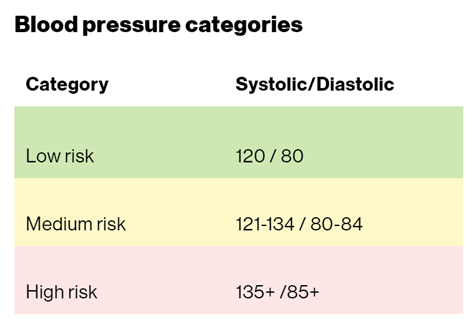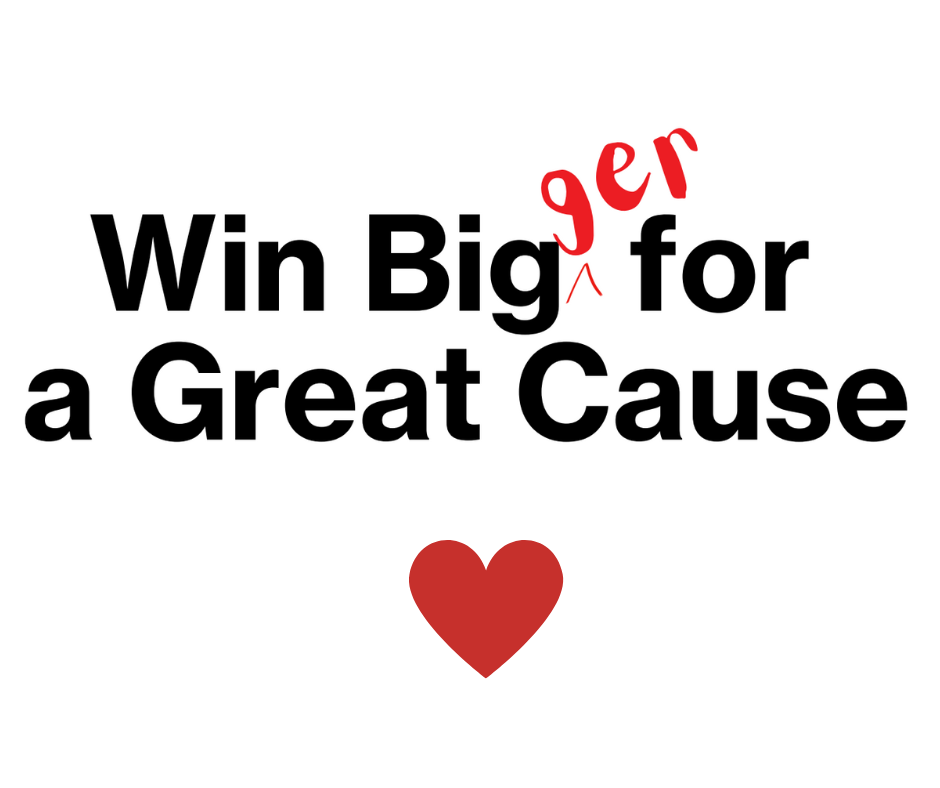Winning Big for a Great Cause: Beating the “Silent Killer”
Heart & Stroke TV Bingo is a great way to have fun and win amazing prizes. Even more, supporters like you drive Heart & Stroke’s mission. Your support funds critical advances that prevent heart disease and stroke, save lives and enhance recovery. A key area of health concern is hypertension – high blood pressure – a condition that affects 30 per cent of people in Nova Scotia, according to the Nova Scotia Health Authority. The rates all across Canada are high and rising - and health professionals say more needs to be done to tackle this “silent killer.”
Increasing rates of high blood pressure (hypertension) and associated risks are a significant concern according to a new national Heart & Stroke survey* of almost 1,000 health experts across the country. Lack of awareness, prevention, detection and treatment – often made worse by the pandemic – were identified by the health community as essential areas for improvement to address hypertension.
Almost eight million adults in Canada are affected by high blood pressure – about one in four. This number will only rise as the population ages; risk of hypertension increases with age. At the same time, more people are being diagnosed at an earlier age.
It also comes with a hefty price tag as the annual cost associated with high blood pressure is $13.9 billion.
According to the Heart & Stroke survey, eight in 10 health professionals are worried about high blood pressure in Canada as it is the number one risk factor for stroke and a major risk factor for heart disease. More than seven in 10 health professionals worry that people do not understand what the condition is, or the risks associated with it. Additionally, more than seven in 10 health professionals expressed concern that people do not realize when they develop high blood pressure because there are usually no warning signs.
Advancing research is also key to better understanding risk factors, especially those that cannot be controlled like age, ethnicity, family history and gender.
The health professionals surveyed identified several key areas to best support people who have or are at risk of developing high blood pressure:
- Ensure access to regular care and follow-up with health professionals.
- Ensure access to routine blood pressure screening in the community and/or by primary care including pharmacists and community paramedicine.
- Address the social determinants of health (e.g., education, literacy, income, shelter, social supports, access to nutritious foods and physical activity).
- Increase public awareness of the importance of monitoring blood pressure.
- Ensure access to culturally safe and appropriate lifestyle modification programs and supports.
- Ensure universal access to medication, including high blood pressure medications.
*Heart & Stroke (in cooperation with Environics Research) conducted an online, national, bilingual survey of 982 health professionals (nurses, paramedics/first responders, doctors, rehabilitation specialists, researchers, health system leaders, educators and therapists). The survey was carried out June 20 – August 3, 2022
What can you do to help prevent or control high blood pressure?
- Monitor your blood pressure regularly – by a health care professional and at home. Check out Heart & Stroke’s How to measure your blood pressure at home video
- Reduce the amount of salt you eat
- Eat plenty of fruits, vegetables, low-fat dairy foods, beans and lentils
- Be smoke-free
- Be physically active for at least 2 1/2 hours per week
- Engage in healthy ways to manage your stress – try to find relief through physical activity, socializing, laughter, healthy eating and getting help when needed
- If you drink alcohol, limit yourself to small amounts, pace yourself and drink plenty of water in between. If your doctor has prescribed medication for hypertension, take it as directed.
For more information: High blood pressure | Heart and Stroke Foundation





